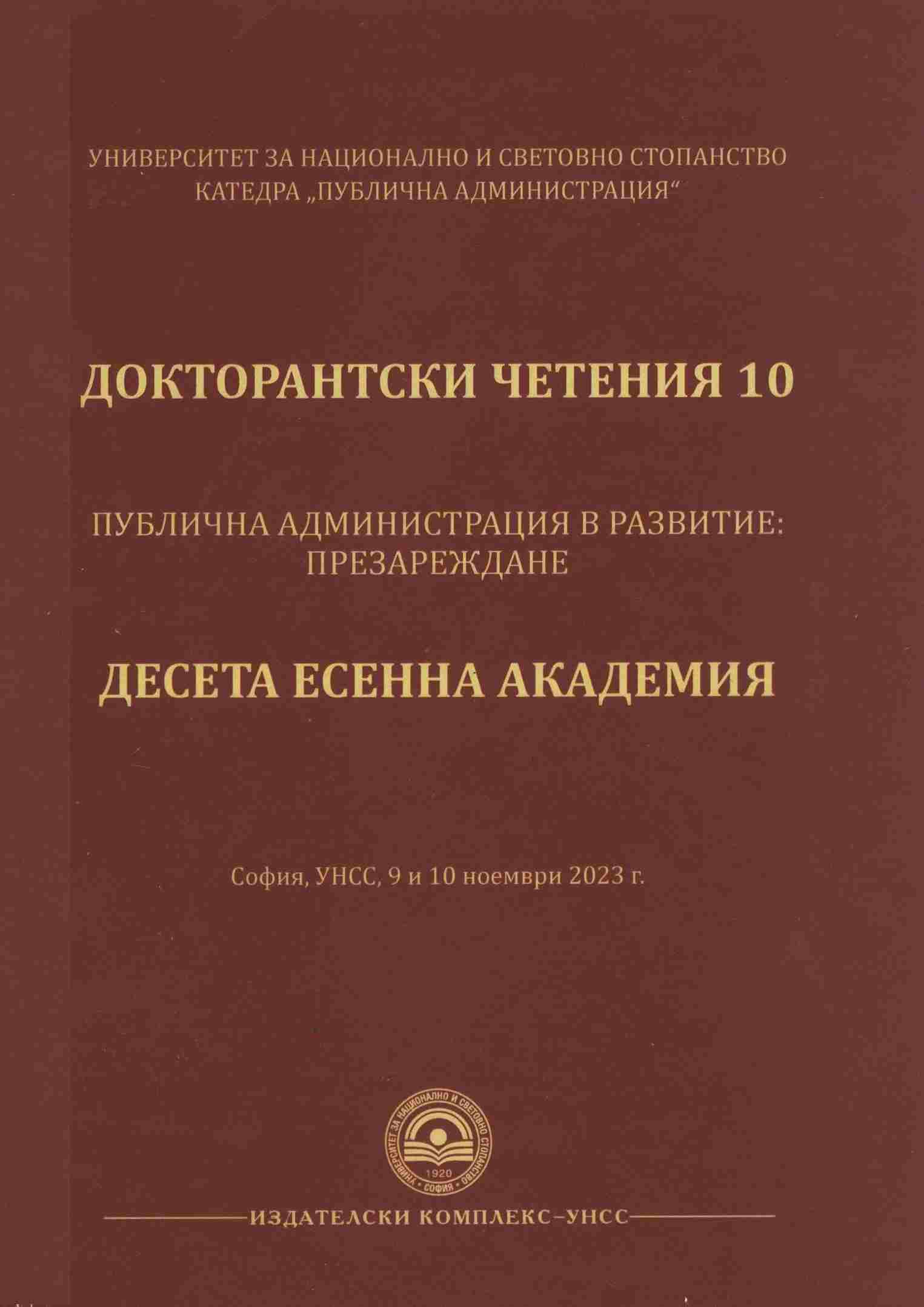Author(s): Steliana Mocanu / Language(s): English
Publication Year: 0
The bakery grain market is an important economic sector of the food industry in Romania and Bulgaria,this product has always been part of the country's traditions. Bread and bakery products arewidely consumed in both countries, based on flour obtained from bakery grains. In 2023, the areacultivated with cereals for the production of grain was 1,977.8 thousand hectares in Bulgaria and5,239.8 thousand hectares in Romania and the harvested production in EU standard humidity was10,343.5 thousand tons in Bulgaria and 24,007.9 thousand tons in Romania. Competitiveness is aconcept used often for the analysis of an agricultural sector, at the macroeconomic level, being in aclose relation with food security and international trading activity from that sector. The subject ofthis study is represented by the analyze of the competitiveness of two categories of bakery grains:wheat and rye, these two being considered the most used grains for the production of bakery products.In this study it was compared the bakery grain market competitiveness from Romania with theone from Bulgaria. The main indicators used for measuring competitiveness, and used also in thisstudy are: bread and bakery products consumption (from 2019 to 2029), sales volume per capita in2023, area harvested with wheat and rye (from 2018 to 2022), the production of wheat and rye (from2018 to 2022), indicators related to foreign trade (import, export and trade balance, for the period),and Balassa Index calculated for wheat, and meslin and rye, for the last 15 years. One of the keyfindings of the study is that the area harvested with wheat and rye remained constant in both countriesfrom 2018 to 2022. During this period, wheat production in Bulgaria increased by 8%, while itdecreased by 14% in Romania. Additionally, rye production rose by 0.1% in Bulgaria and by 23.6%in Romania. In the case of wheat and meslin, trade balance is positive for both countries, while inthe case of rye trade balance is positive only for 2021-2023 in Bulgaria, in rest being negative forboth countries. The export of wheat and meslin on the world market provides a comparative advantage,particularly for Bulgaria, with a Balassa index of 13.8 in 2023, and for Romania, with aBalassa index of 8.70 in the same year. However, the Balassa index for rye indicates that neitherRomania nor Bulgaria has a comparative advantage regarding rye.
More...






